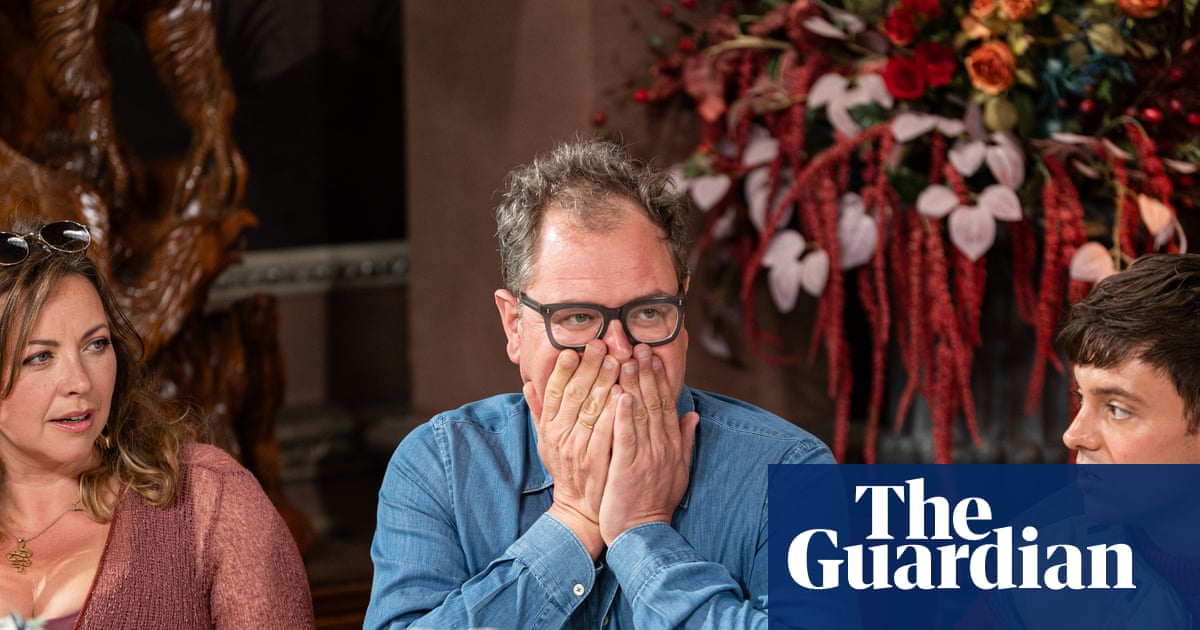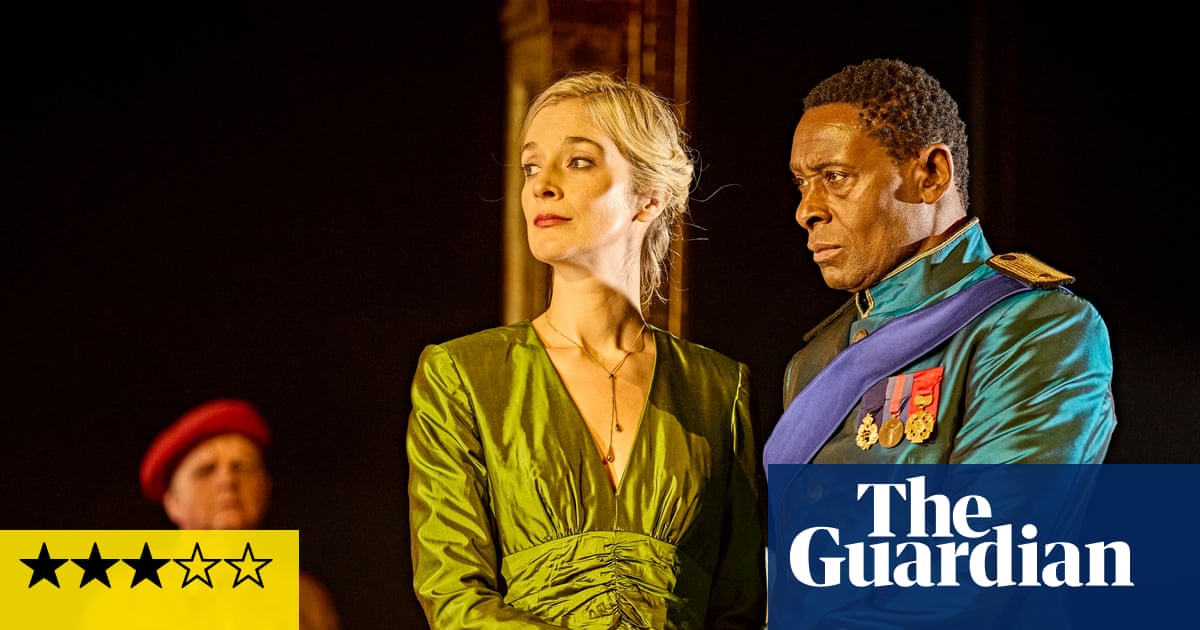The women of myth have been talking – and they’re pointing the finger at us. Myths are “mirrors of us”, writes Natalie Haynes in Pandora’s Jar, her book of essays on the women of Greek mythology. “Which version of a story we choose to tell, which characters we place in the foreground, which ones we allow to fade into the shadows: these reflect both the teller and the reader, as much as they show the characters of the myth.”
Considerations of culture and bias have been central to the recent wave of mythic retellings focused on women, from Madeline Miller’s Circe and Pat Barker’s Iliad trilogy to Haynes’s own triad of novels set within the classical Greek world (The Children of Jocasta, A Thousand Ships and Stone Blind). This latest is a reimagining of the myth of Jason and the Golden Fleece and, true to form, it centres the women.
Those familiar with Apollonius’s Argonautica – a key source text for Haynes – remember the sorceress Medea; few, however, recall the other women in the story. The tale, as Apollonius tells it, is an adventure epic about Jason and his men, who make the treacherous voyage to Colchis aboard the Argo, in order to bring the Golden Fleece to Iolcus. We remember above all the Argonauts’ might (Heracles is part of the crew for a time), their enterprise and their luck, favoured as they are at many a turn by gods and goddesses. They row through terrible weather; survive a fight against the Doliones in an unfortunate case of mutual misrecognition; rescue blind Phineus from the Harpies and receive his prophetic counsel; brave the clashing rocks of the Symplegades. Once in Colchis, in a bid to win the coveted fleece from King Aietes, Jason – helped by Medea, besotted daughter of the king, whom he will take to Greece as his wife – yokes fire-breathing bulls, combats earth-born warriors and finally carries the fleece off from under the eye of a dragon.
These events also anchor part of the plot in Haynes’s novel, though here they are emphatically attributed to the hand of the divine and occupy less narrative space, most of which is given over to a chorus of women, often absent in previous retellings. The result is an illuminating and often thrilling work of feminist reclamation that also enacts structural subversion, disrupting the familiar narrative’s linear momentum and its fixation on male heroism (“I’m not saying this story hasn’t got the makings of an epic, but it isn’t a very satisfying one so far,” writes Haynes, in one of the novel’s delightfully self-reflexive moments).
In lieu of one grand narrative, we get a series of slanting, smaller ones: stories of abandonment, heartbreak and rancour. We begin with Jason’s mother, Alcimede. She was never queen because her husband, elder son of the king of Iolcus, weakly ceded his throne to his younger half-brother, Pelias. Now covetous Pelias is sending her only child on an expedition beyond the known world.
We get a fresh take on the women of Lemnos and their brutal revenge on the men of the island; here Haynes seems to lean into the quasi-paradox that Homer’s Odyssey is set after the events of the Argonautica but was written before it, to unfold a tale that reads like a dark joke on the ideal of Penelopean fidelity (“Besides, as they said to one another, if weaving was so enjoyable, men would do it”).
We also hear from Kleith, who took her own life after her husband Kyzicos – the ruler of the Doliones – was slain by Jason (“I’m just glossed over every time – Kleith with the beautiful hair – as if that tells you who I am or why I did what I did”). Her suicide turns out to be not the height of spousal grief, as is assumed, but an expression of the extreme despair of a childless woman who will remain so, now that she was “the cursed bride of a dead man”.
If some parts veer into uninspired tangents, others compel precisely because of their tangentiality. Characters such as Theophane, Ino, Nephele and Helle, who belong to the origin story of the Golden Fleece, are here important presences who contribute as much to the emotional stakes of the novel as to its interrogation of the epic’s masculinist memory. Medea’s sections, particularly those she herself narrates, are the book’s crowning achievement – though they come quite late, nearly halfway through the story.
Infamous for the murder of the children she has with Jason, Medea is determined to tell her side of the story, not so much to correct the record as to complicate it (“I will not address these charges at this time. Perhaps I never will. I am simply telling you the truth of things”). Haynes’s debt to Euripides’s Medea is immense (the novel’s title is a reference to Jason’s betrayal, drawn from the play). But there’s something, too, in Haynes’s Medea that recalls Ovid’s understanding of her as a woman hurt and enraged, yes, but also, crucially, a stranger to herself (“I do not know for certain what is in my soul,” reads the last line of Medea’s letter to Jason in Ovid’s poem Heroides). Not all her crimes here are premeditated. The episode where she lures her brother Apsyrtus to his death after he is sent in pursuit of her by their affronted father is a case in point, as is the one where she kills her two boys.
Medea is many things: sorceress, disloyal daughter, woman in love, woman wronged, and mother; Haynes pays meticulous attention to each of these many facets. Making changes to some episodes while also proffering insights into Medea’s marriage to Jason and her life as a “barbarian” foreigner in Greece, Haynes creates an account of her maligned protagonist that is powerfully affecting in its complexity.
No Friend to This House by Natalie Haynes is published by Mantle (£20). To support the Guardian buy a copy at guardianbookshop.com. Delivery charges may apply.

 1 month ago
44
1 month ago
44

















































